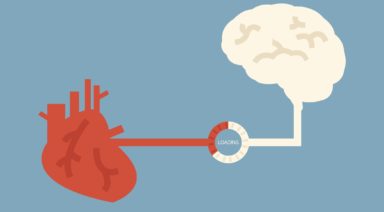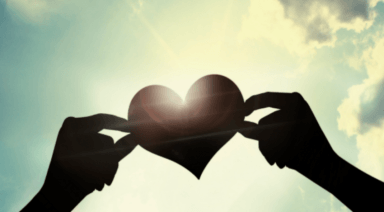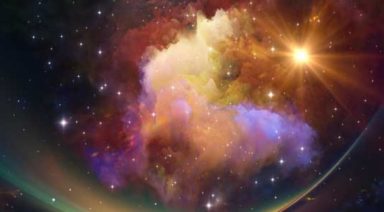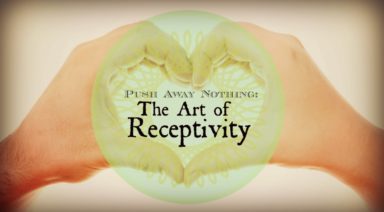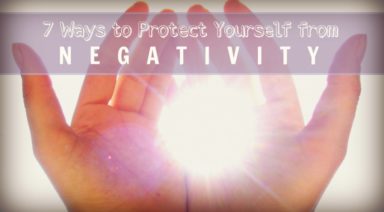Sacrifice as a Catalyst for Rebirth and Bliss in Joseph Campbell’s Hero’s Journey
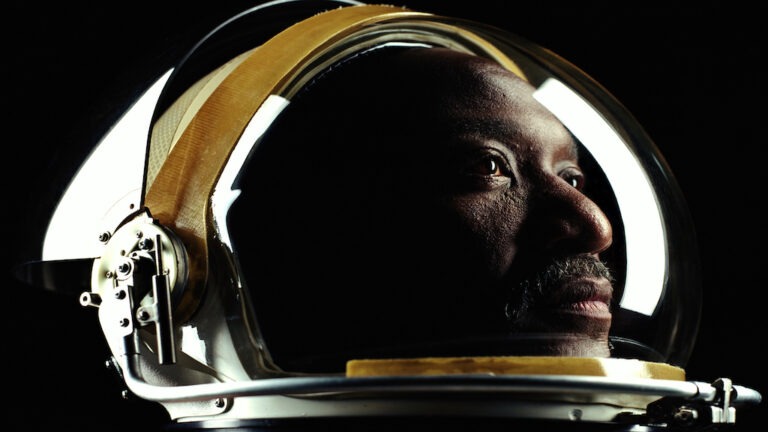
Joseph Campbell is one of the most influential writers, philosophers, and professors in history. His work on mythology has taken native stories beyond their face value and deep into the human psyche, where they resonate with the core of who we are.
Campbell’s life’s work brought countless people across the world in touch with the collective unconscious that underlies our every thought and motivates us to seek happiness. His phrase “follow your bliss” is now a household prompt, thanks to a series of interviews with celebrated journalist Bill Moyers in the early ‘90s. Gaia members can now experience this timeless discussion, listening to episodes discussing “The Hero’s Adventure”, “Sacrifice and Bliss”, and more.
Campbell’s teachings applied the lessons of heroes and metaphors of mythology to our own lives. “A myth is not a lie,” he famously said, despite this commonly misused definition. Rather, a myth is a story meant to turn the mind inward to reflect upon itself and reveal the essential truths of reality and our relationship to the transcendent.
As Campbell explains in his series of interviews with Moyers, myth is often constructed as a hero’s journey — a pivotal course of events that slowly test the story’s protagonist and push them to the next step of unfoldment — toward transcendence. Each obstacle the hero experiences is a reflection of himself, as he is moved one step closer to sacrifice the egoic sense of self to the greater good, which is total consciousness.
When we study mythology, Campbell taught, we find the theme of sacrifice to be all-important. We must let go in order to receive what is already present. Campbell said, “A hero is someone who has given his or her life to something bigger than oneself.” The hero sacrifices his lower nature for his higher nature, and his safety for the one he rescues, or perhaps an object of desire for a noble cause.
Campbell taught that sacrifice is a theme that runs through all things natural — death (the sacrifice of a living being) gives way to new life in an ever-continuing cycle. But death is often metaphorical and may be the death of a habit, a pattern of thinking, or an attachment to something. Or, he said, “When you make the sacrifice in marriage, you’re sacrificing not to each other but to unity in a relationship.”
Perhaps the most poignant and revealing teaching that arises from the Campbell-Moyers interview on “Sacrifice and Bliss” is that once the hero has made “the ultimate sacrifice,” there is a realization that takes place. This is the stuff of enlightenment wherein the act of total surrender of the personal self gives way to the realization that there is no “other.”
This, said Campbell, is “the breakthrough of a metaphysical realization that you and the other are one” — and that the idea of separation (a separate “me” and “you”) is only due to being stuck in the temporal idea of time and space created by the egoic self. Finding this truth about Oneness, Campbell told Moyers, “is not a concept; this is a realization.”
The award-winning conversation between Moyers and Campbell is now a timeless classic. It is not only eye-opening for viewers who are new to the depth of thought behind mythology and metaphor, but also for those who have seen the interviews over and over again. Now streaming on Gaia, Campbell’s immortal words are readily available for everyone’s next step on their spiritual journey—their own personal hero’s journey toward transcendence.
Bands of Frequency and How You Attract Certain Things into Your Life

We would like to begin this conversation by inviting you to read a few details on energy frequency. You, as a human being, are made up of different forms of frequency. Science knows this and that is why there are so many different bands of frequencies that exist in everything around you.
Everything that you can see, taste, touch, feel, hear, has frequency to it. There is energy, the measurement of frequency, in everything! YES…everything! The question is whether you are aware of that energy or not, and whether you are using it for its real purpose in your life’s existence.
Without going into great depth on how energy is attracted to something, or how frequency attracts other likened energy frequency to it, let’s explain the basic understanding of just how frequency is accepted by science and most human beings on this planet. We will delve into how others use this frequency later on in this discussion.














